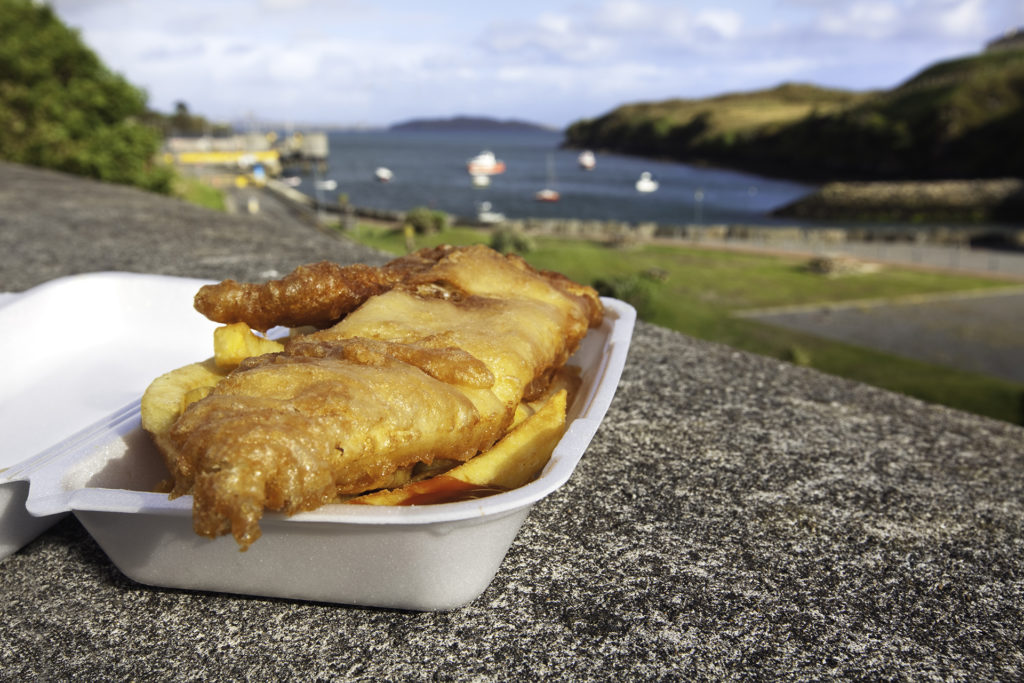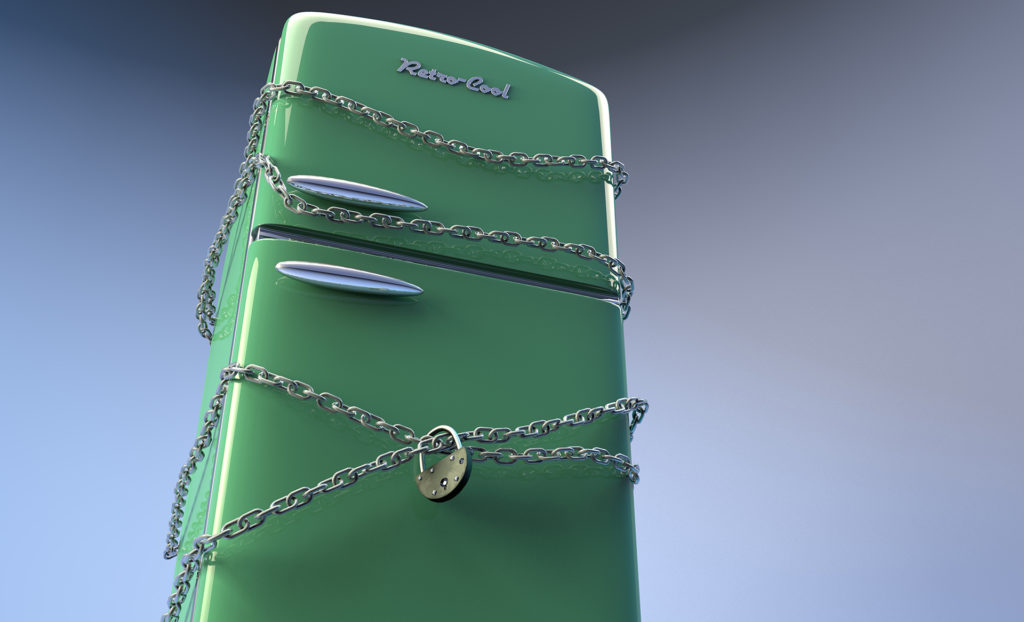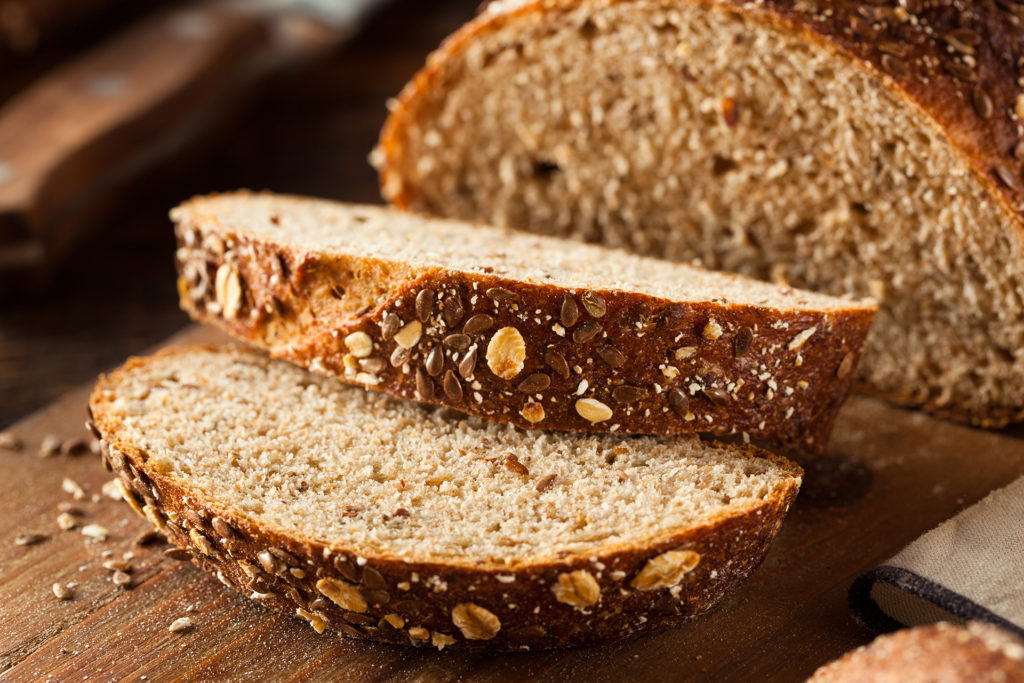Are Cravings Wrecking Your Attempts To Lose Weight? We Can Help!
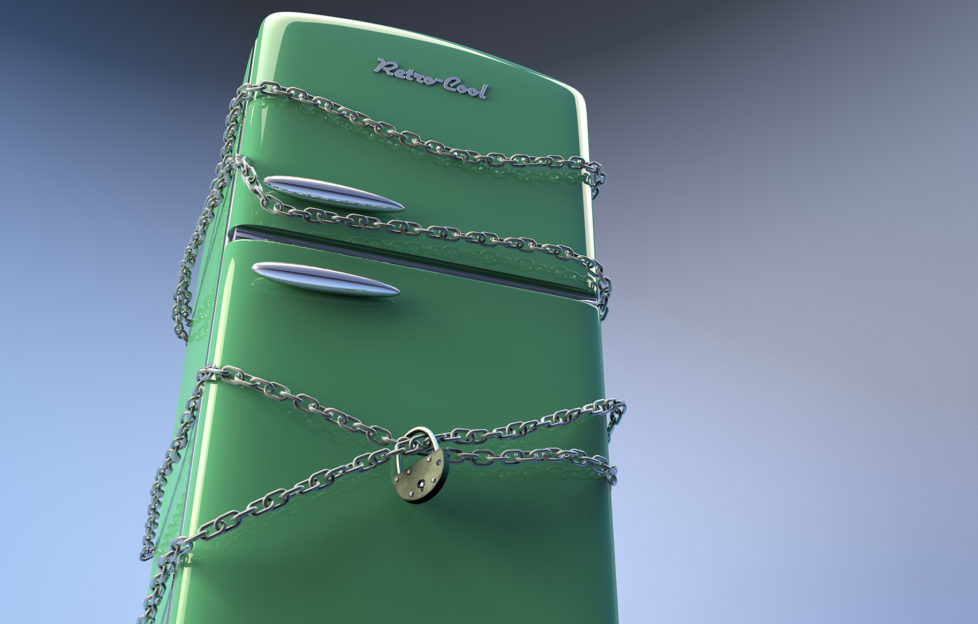
By the UK’s Leading Nutritionist Dr Marilyn Glenville.
There’s hardly a dieter in the world that hasn’t experienced overwhelming cravings. It’s always the same. You stick quite happily to your diet for days; sometimes for weeks, then suddenly all the good work is blown in one 10-minute eating frenzy. It’s as if you have two voices inside your head. One says: ‘You know you don’t really need that bar of chocolate’, while the other whispers, ‘Oh, go on, a little bit won’t make any difference’. Of course, if you listen to the second voice it will never stop at, ‘a little bit’. Before you know it, you’ve eaten the whole bar and maybe even a second one too. Your heart sinks as you step on the scales and then despair turns to anger. Your mind turns truculent and it reasons that since you’ve already ruined the day’s dieting, you may as well give up and have chips for supper and finish off with ice cream. Sound familiar? We know it’s crazy. We know it’s self-defeating and that, once we’ve given in to our craving, we’ll feel guilty and depressed, so why on earth do we do it? Is it just greed that gets the better of us? Or is it something much deeper?
Greed or Need?
Occasionally, cravings can be put down to greed but to my thinking, that’s too simplistic. Cravings are far more likely to stem from a biochemical urge that is almost impossible to control by mind power alone. Your body is demanding a particular type of food, usually sugar, because it has a need for it. And when your body has a need it will let you know in no uncertain terms. Many diet gurus will tell you that the only way to banish cravings is to keep all tempting foods out of sight and out of reach. They will advise you to clear your cupboards, empty your fridge, put a padlock on the biscuit tin. When a craving strikes, they suggest you suffer through, using every last inch of willpower. But, as anyone who has ever experienced cravings knows, that is sheer torture. It is also totally non-productive. Not only will it make you feel angry and guilty, it will also foster feelings of self-denial.
Banishing tempting foods isn’t the answer. It is much better to change your biochemistry so that your body simply won’t have such uncontrollable needs. Sounds difficult? Actually it is incredibly simple; so simple that you will wonder why nobody explained it to you before. Cravings are linked with mood swings, caused by biochemical changes in your body. Adjust your biochemistry and you will find yourself in control of those cravings. My advice will help with those Jekyll and Hyde mood swings – yes, even premenstrual ones. Without doubt it will help you on your way to successful weight loss – without cravings.
Get To Know Your Blood Sugar Levels
Almost everyone who struggles with weight has an underlying blood sugar imbalance. Blood sugar – literally, the amount of sugar circulating in your bloodstream – can be the most important factor in losing and maintaining a healthy weight.
Fluctuations in blood sugar can cause:
Cravings
Water retention
Excess thirst
Mood swings
My advice is to become more aware of what is happening in your body – at a biochemical level. You may already have made some connections – for example, that you are only overcome by cravings for sweet things at pre-menstrual times. The good news is that it’s not about willpower – it’s not your mind’s fault that you can’t give up certain foods. It’s simply that nobody has told you how to give your body what it needs – balanced blood sugar.
At A Glance Guide To Balancing Blood Sugar Levels
DO
Eat unrefined carbohydrates including: brown rice, millet, oats, rye, spelt and whole-wheat
Eat fruit.
Always eat breakfast.
Eat small, frequent meals, no more than three hours apart.
Reduce, and preferably avoid, stimulants including tea, coffee, chocolate, soft drinks and sodas (all contain sugar or artificial sweeteners and many also contain caffeine) and tobacco.
Consider taking a good supplement programme that can balance your blood sugar while you are changing your eating patterns.
Develop the habit of reading labels carefully.
DON’T
Eat refined carbohydrates – avoid ‘white’ things in general. White flour is in nearly all processed foods, in particular cakes, biscuits, pastries, pasta and white bread.
Eat sugar or foods or drinks containing sugar – including chocolate, sweets, biscuits, pastries, fruit yogurts, soft drinks, many savoury foods like tomato sauces, ketchup and so on, check all labels.
Substitute artificial sweeteners or decaffeinated drinks.
Eat convenience foods, as they are likely to contain refined carbohydrates, sugar and high levels of fat and salt.
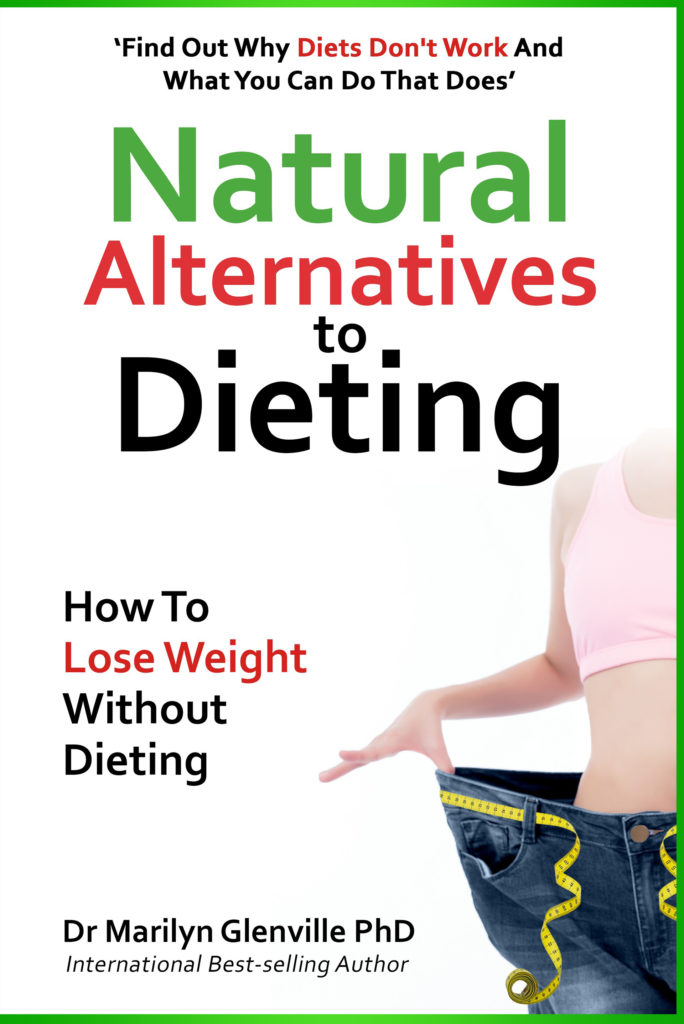
For more advice you can trust, read Natural Alternatives to Dieting, £9.77.

